Rice Memorial High School had the honor of hosting Daniel Nayeri, the author of Everything Sad Is Untrue, for their annual school- wide reading day. Nayeri has won numerous awards, including the Michael L. Printz award for Everything Sad is Untrue, and continuously breaks structures of writing through his memoir of fragmented stories. This year at Rice, surrounding Nayeri’s work, the theme is empathy. Although the narratives shared in his memoir are from different times in his life, places, and even different ages, they all connect to the message of leading with empathy.

At the summer field day event, after a speech about why stories are given and why they are important, Nayeri ran his own workshop for students, which explored different genres and tones of writing and how they impact the most basic of sentences. This engaging workshop allowed students to create their own stories through their voices in genres like horror, comedy and mystery, replicating what Nayeri practiced throughout writing his memoir.
After the workshop and afternoon of outside events, the Knights Banner had the opportunity of sitting down and interviewing Mr. Nayeri.
What was the progress like putting together fragmented stories? What motivated you to mention those specific story lines and not others?
So much of a novel is a voice. Ask yourself among all your friends if they were to all tell the same story, the differentiating factor would be how they tell it. I wrote about 100 or somewhat pages completely freeform just trying to understand what it’s going to sound like in the voice of this 12 year old, and then I went back and outlined everything… then I structured it… I said it looks like he’s not a very polished narrator, so let’s think about what would be the structure that would best work for him. In terms of what I decided that goes in, that was an aspect of the theme…I had a lot of sections that got cut out, and the reason they got cut out was because they didn’t push forward that particular theme. Well, what were some of the themes? One of them is how do you deal with a present that is very difficult…what do you do with all the pain that comes into your life? There are the themes the [author] wants to consider and what of my memories actually further that.
What are your proudest moments both as an author and as a person?
There have been a couple of times where authors I really admired have said nice things. Gary Schmitt is a phenomenal writer who I have always admired… he blurbed my first solo project, and he came back with one of those quotes that will forever be with me; he called it “a work of virtuosity.” Though, the thing I hone in on [is] when someone says “I’ve never read anything like this before”. In terms of as a person, all my pride is in my son and my family…There are ways in which my son is infinitely better than me at that age, and he’s getting to be as old as the narrator is… anytime I see him do something I would have never been able to do, I am super proud.
You won a Newbury honor book award for The Many Assassinations of Samir, The Seller of Dreams and the Michael L. Printz Award for Everything Sad Is Untrue. What was that experience like?
Those are pretty big moments…with the Printz award it was over Zoom unfortunately, but my publisher said, “Hey, on Friday at 5:00 would you be willing to have a marketing meeting?” and I was like, “A marketing meeting at 5:00 on Friday?” I clocked it as, huh, that’s weird but it never occurred to me. I got on at 5:00, and there were like 15 windows instead of just my marketing person and my editor, and just as it was starting to dawn on me all these strangers were there, the door rings and my publisher had arranged for a bottle of champagne. It turned into one of those scenes from sports in a locker room…everyone was screaming and saying congratulations… It was a great time.
Is there an Everything Sad Is Untrue book two coming out and what would that look like compared to your first book?
I am always working, and I am working on what would be the follow-up, but that doesn’t mean it’s coming out because my job is to make sure it doesn’t disappoint, and if it stinks, then I won’t put it out. But if I can do something that is worthwhile, then I will, and what it would look like is some of the things that excite me. I want to show over the course of these works he’s growing. His English is better, he now knows how to do chapters…as a character, he’s not only changing but [ becoming] a character reacting to the reactions of the first book… Now that he’s landed, and he’s kind of gotten settled,… he’s looking around and making more friends, but also falling in love with Oklahoma.
You also have written cookbooks. What is your favorite recipe that has held a great connection to Iran for you?
If you were to ask me right now, the Persian dish I would make for you if you came over, a comfort food, is a dish called chicken and plum, and it’s really chicken, turmeric, and plums turned into a kind of sauce over a bed of white rice with yogurt…it’s very comforting.
Do you have any advice for youth interested in writing and publishing?
When you make things, you can fall into two paralysis ditches: one of them is you can baby a project so much that you’re just looking to perfect, and your scope is too narrow… or you’re just dashing stuff off as fast as you can, and you’re not worried about polishing it or making it good… both of those impulses are good, but in excess they don’t help you get where you want to go. The people who get where they want to go, in my observation, have been the ones that balance that. They have been able to go through the first draft and get to a completion as many times as they can, but after the third fourth, however many times they pick one that has good bones…they say “I’m going to pick this one to polish and revise”.
What do you hope students will take away from the event surrounding your story today?
The question when the character was watching his mom’s conversion was, “Hey, she gave up a whole lot of stuff, life was really good, why did she do that?” and the answer is you are going to be a servant to the thing that is number one on your list. I don’t go around demanding people have the same list I do, but I do tell them they should make sure to pick a really good one because that will be the purpose and the direction of their life.

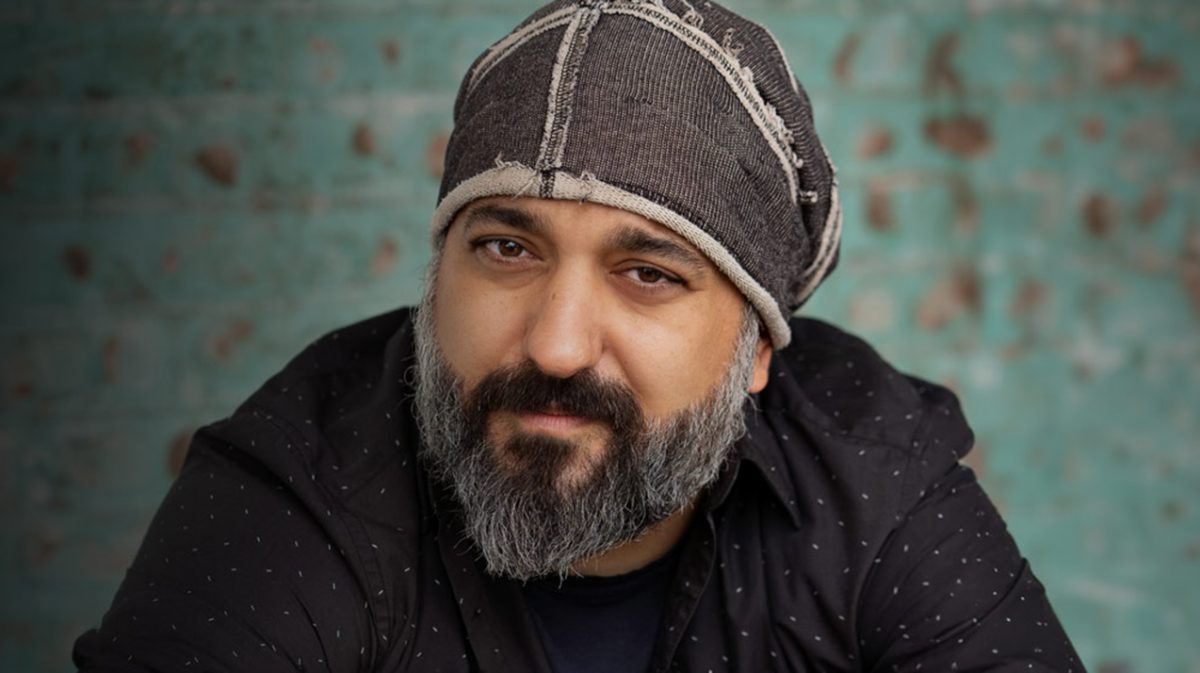

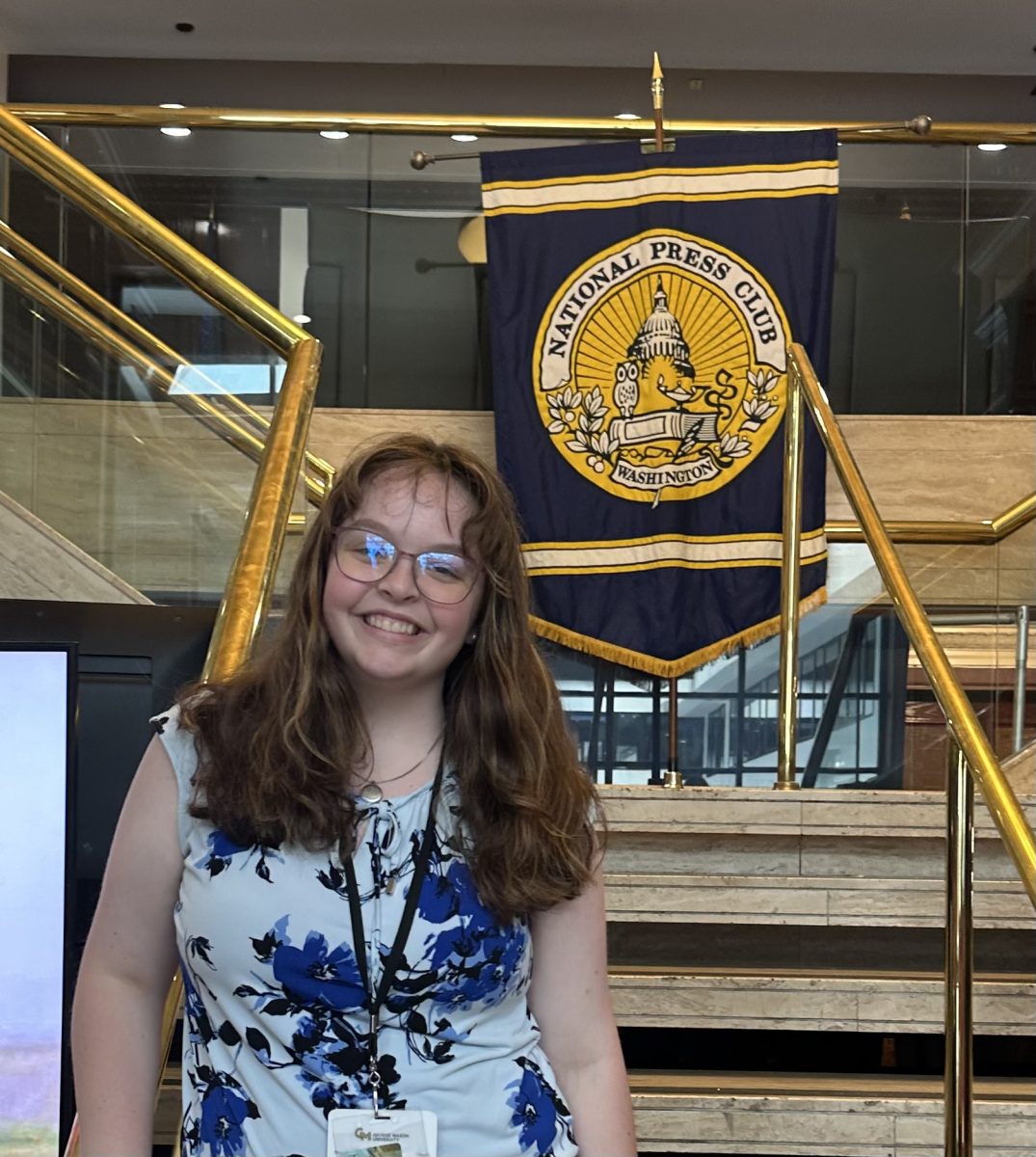
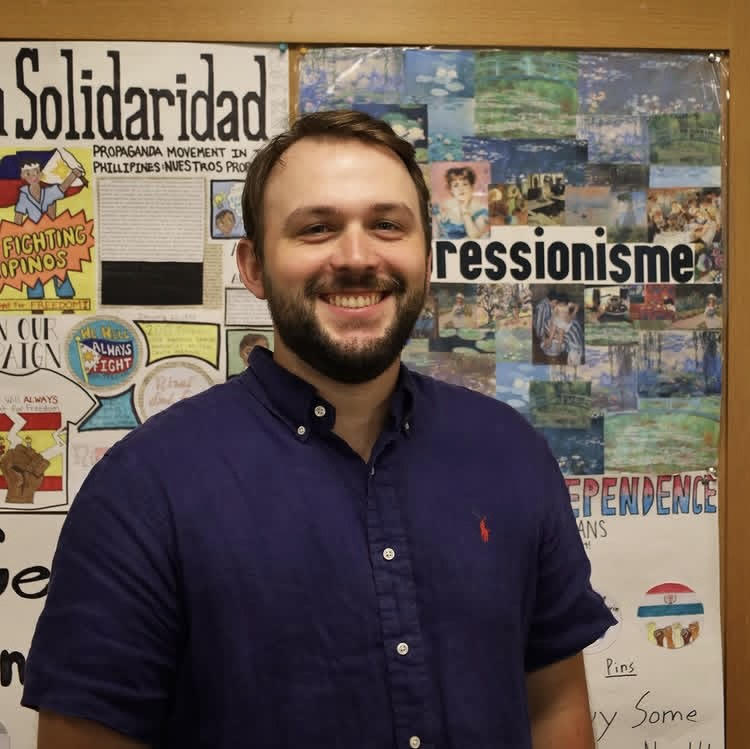

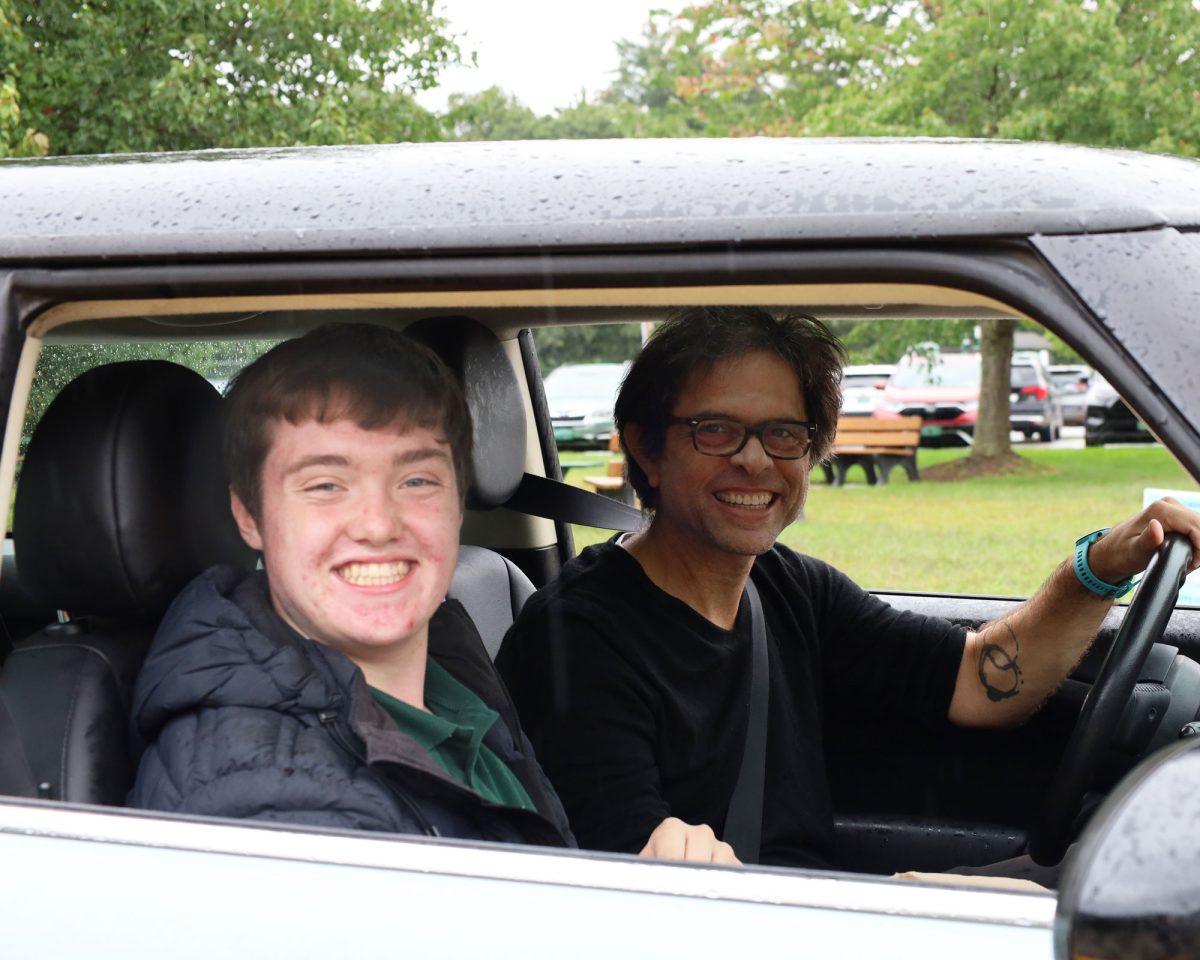

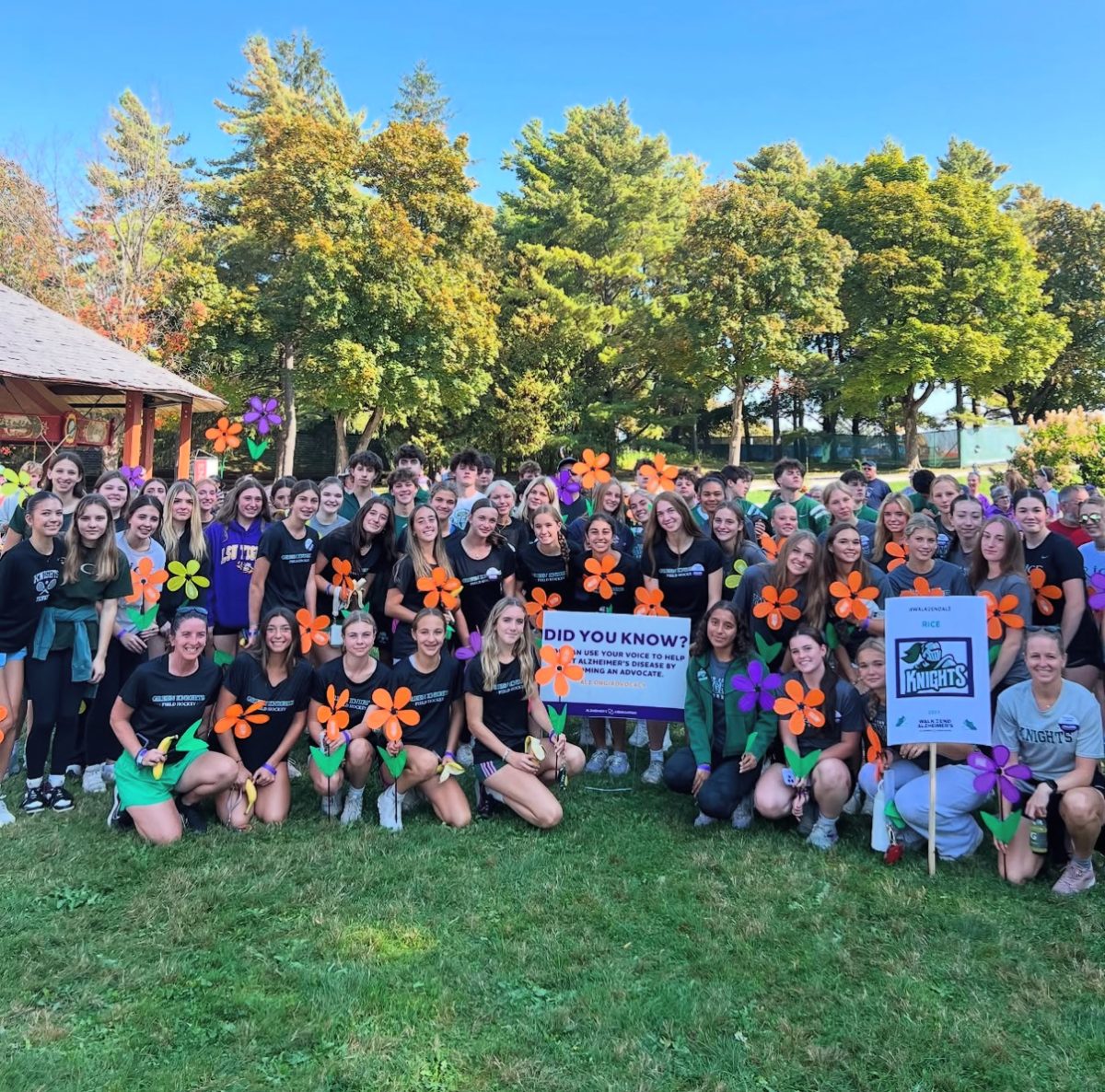




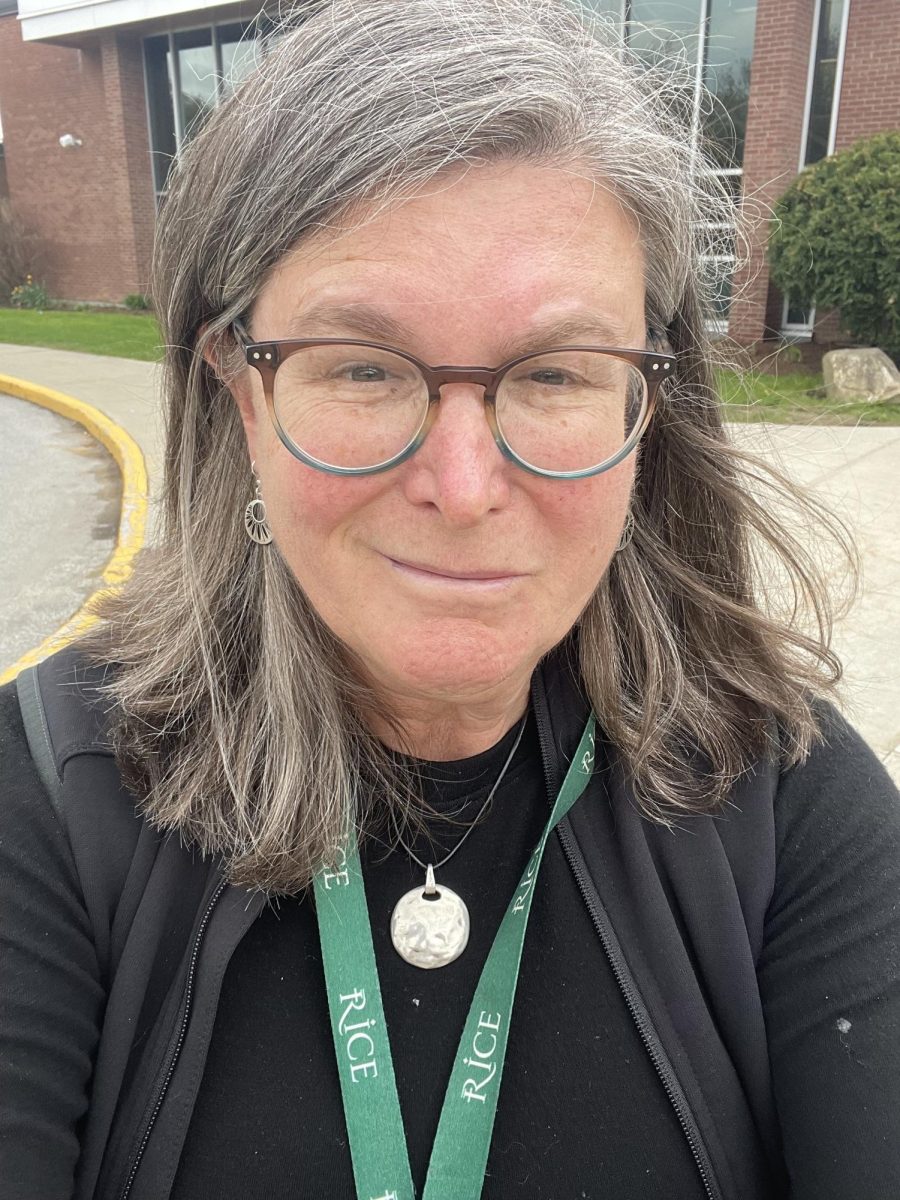
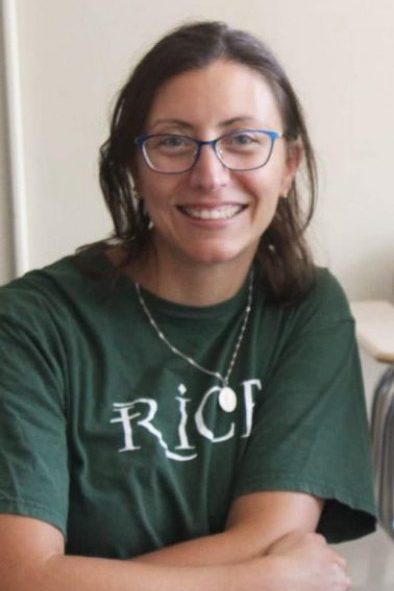
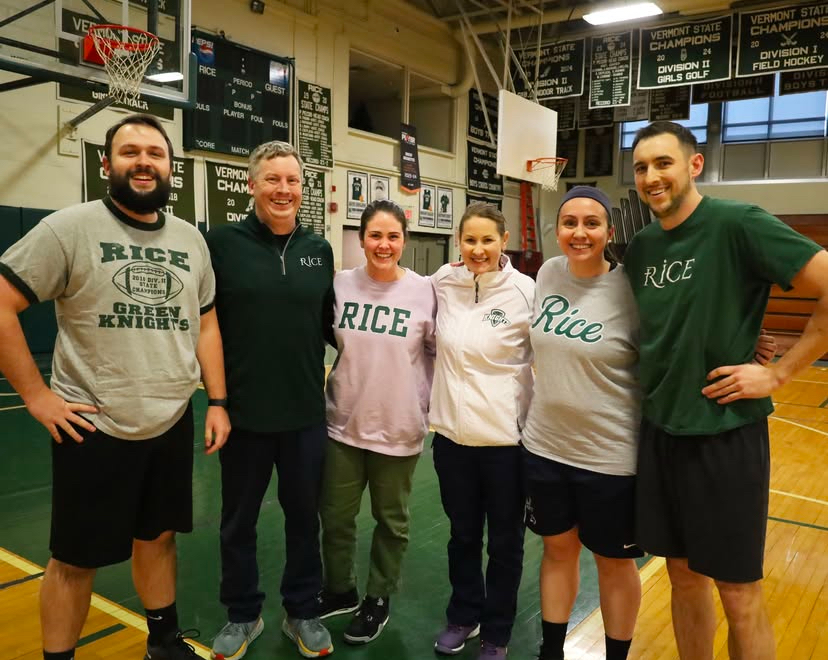
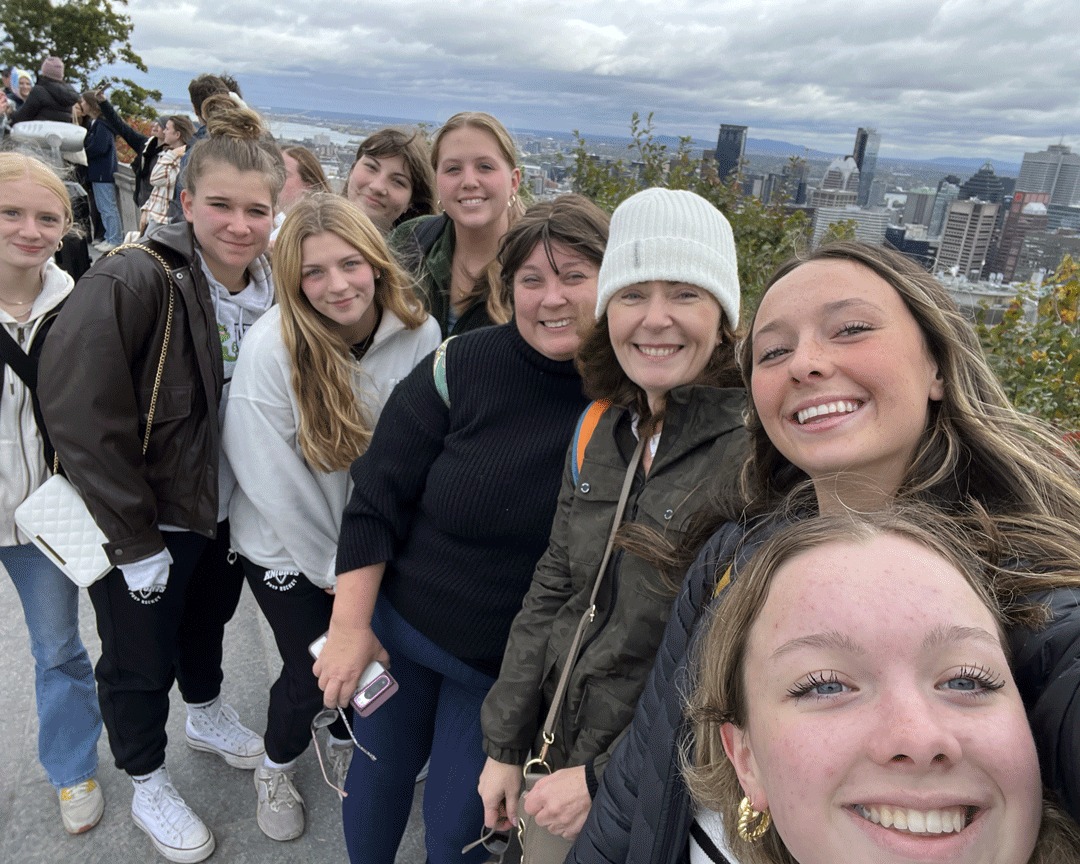

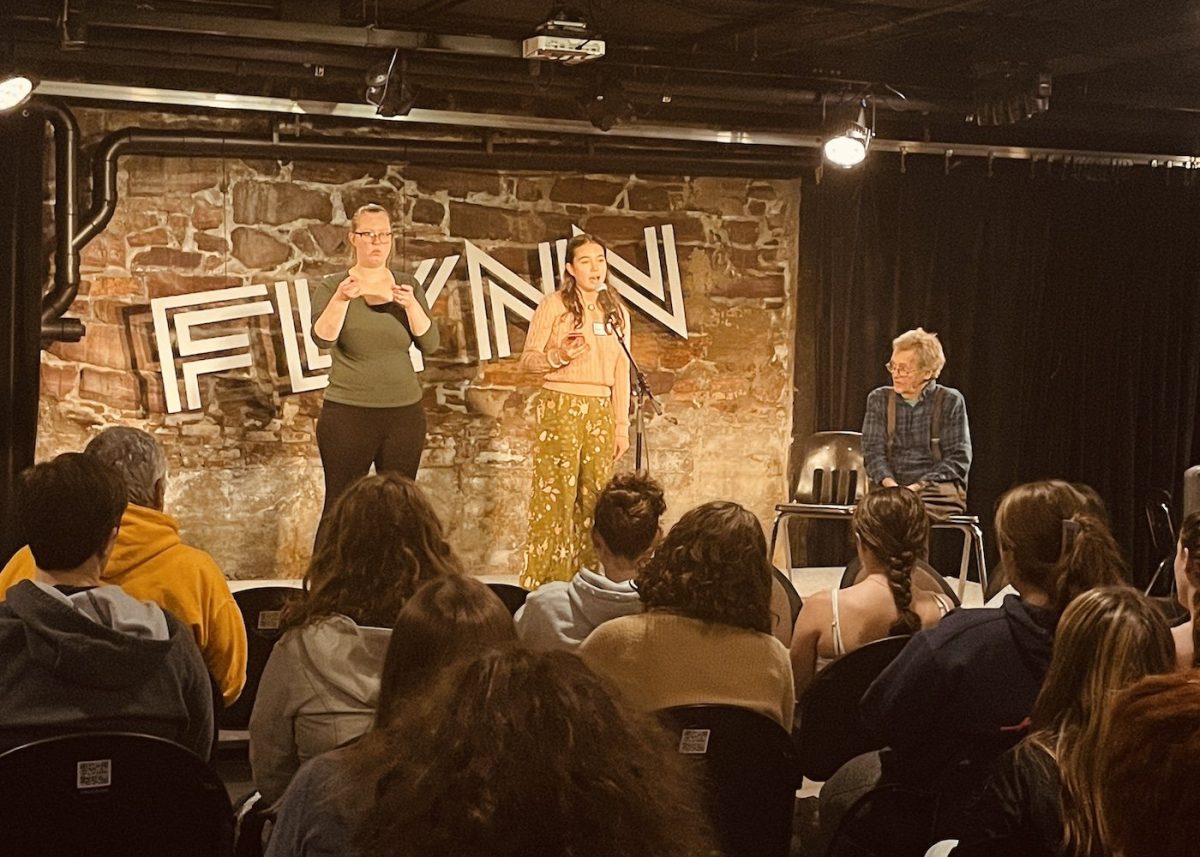

Dr. Hawes • Sep 8, 2025 at 9:52 am
Powerful interview, profound questions that allowed the author to share even more. It brings back the “glow” of that day. Beautifully done!